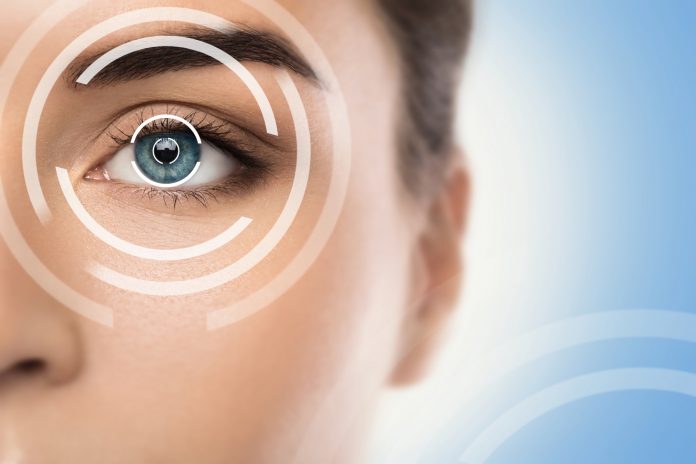A new study suggests that poor-quality sleep may be linked to an increased risk of glaucoma, highlighting the benefits of regular eye checks among those with chronic sleep disorders to check for early signs of the condition.
The study, which was published BMJ Open, looked at the risk of glaucoma among people with different sleep behaviours: insomnia; too much or too little sleep; night or morning chronotypes (‘owls’ or ‘larks’); daytime sleepiness; and snoring.
The researchers drew on 409,053 participants in a large UK Biobank study, all of who were aged between 40 and 69 in 2006-10 when recruited, and who had provided details of their sleep behaviours.
Sleep duration was defined as normal (7 to less than 9 hours/day) and as too little or too much, outside this range. Chronotype was defined according to whether the person described themselves as more of a morning lark or night owl.
Insomnia severity—trouble falling asleep at night or frequent waking—was classified as never/sometimes or usually, whereas subjective daytime sleepiness was categorised as never/rarely, sometimes, or frequent.
Background information on potentially influential factors was retrieved from the questionnaires filled in at recruitment: age (average 57), sex, race/ethnicity, educational attainment, lifestyle, weight (BMI), and residential area level of deprivation.
Medical records and death registration data were used to track the health and survival of all the participants until a first diagnosis of glaucoma (hospital admission), death, emigration, or the end of the monitoring period (31 March 2021), whichever came first.
During an average monitoring period of just over 10.5 years, 8690 cases of glaucoma were identified.
Those with glaucoma tended to be older and more likely to be male, an ever smoker, and to have high blood pressure or diabetes than those who weren’t diagnosed with the disease.
With the exception of chronotype, the other four sleep patterns/behaviours were all associated with varying degrees of heightened glaucoma risk.
Short or long sleep duration was associated with an 8% heightened risk; insomnia 12%; snoring 4%; and frequent daytime sleepiness (20%).
And compared with those with a healthy sleep pattern, snorers and those who experienced daytime sleepiness were 10% more likely to have glaucoma, while insomniacs and those with a short/long sleep duration pattern were 13% more likely to have it.
The results were similar when categorised by different types of glaucoma.
The findings underscore the need for sleep therapy in people at high risk of the disease as well as eye checks among those with chronic sleep disorders to check for early signs of glaucoma, conclude the researchers.
“As sleep behaviours are modifiable, these findings underscore the necessity of sleep intervention for individuals at high risk of glaucoma and potential ophthalmologic screening among individuals with chronic sleep problems to help prevent glaucoma,” say the researchers.
This is an observational study, and as such, can’t establish cause. The study relied on self-report rather than objective measurement and reflected one point in time only, the researchers acknowledge.









